Revolutionize Your Kitchen with Katuchef
KatuChef markets itself as a next-generation kitchen essential: a stainless-steel cutting board with a TitaniumShield™ surface, promising to be hygienic, odor-resistant, knife-friendly, and durable. But is this board actually delivering on those claims—or is it a deceptive gimmick?
Below, you’ll find:
Breakdown of what the brand claims
Real user feedback from Reddit and Trustpilot
Expert reviews and material science context
Pros and cons summary
Buying cautions and safer alternatives
Final verdict and next steps
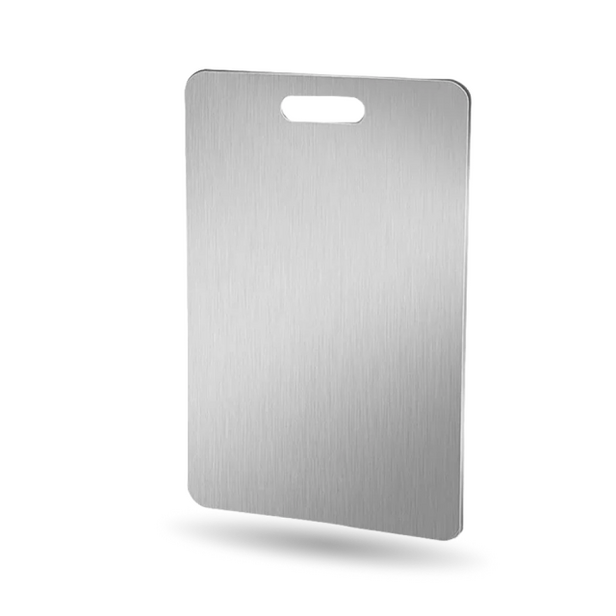

⭐️⭐️⭐️⭐️⭐️
KatuChef’s Marketing Claims
According to official advertising, the KatuChef board features:
TitaniumShield™ surface: non-porous, antibacterial, resistant to stains and smells
Knife-friendly metal: meant to preserve blade sharpness
Double-sided design: separate sides for raw and cooked food
Dishwasher- and heat-safe: no warping or absorption
Lifetime durability
30-day money-back guarantee
Marketing also touts eco-friendly, BPA-free materials and robust hygiene as key advantages over wood or plastic boards.
KatuChef Cutting Board sells the idea of a hygienic, ultra-convenient titanium board—but evidence from users, experts, and material science reveals serious flaws:
Edge damage risk: Metal surfaces dull knives faster than soft boards
Scam reports: Frequent complaints about order size, wrong materials, and refund refusal
Material authenticity questionable: Many units appear to be stainless steel
Low buyer trust & transparency
Best left as a novelty or secondary tool—not primary cutting board material
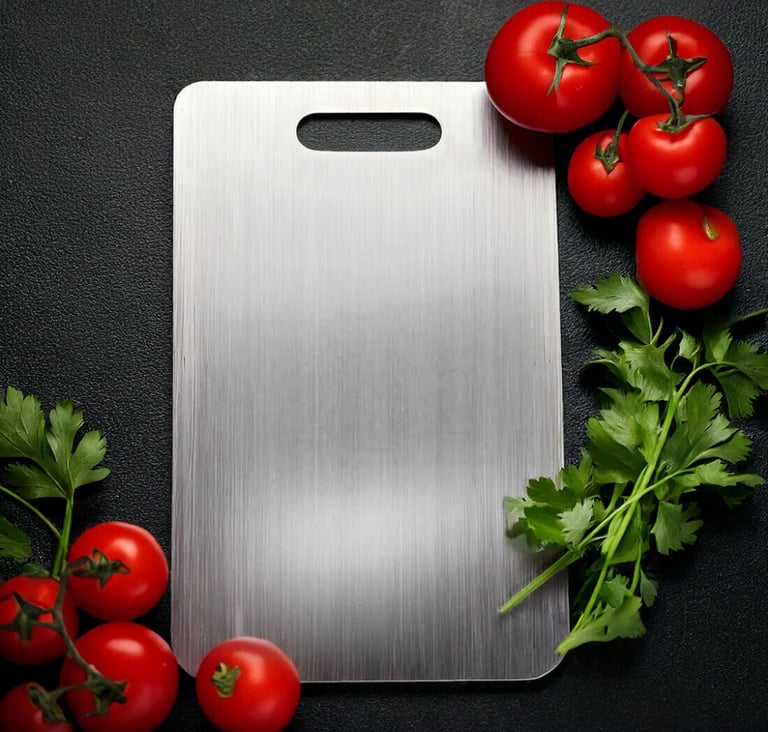

How Material Science Explains the Controversy
Understanding the hardness dynamics explains why knives dull quickly on metal boards:
Wood and plastic are softer materials—knife edges “bite into” them, preserving edge integrity
Metals like steel or titanium are harder—so the knife edge gives way instead, rolling or dulling prematurely
Mohs or Rockwell hardness comparisons reveal:
Titanium alloy often ranks 20–40 HRC
Most knife steels start at 50 HRC and go above 60
This imbalance makes metal a poor cutting surface choice for edge retention. Further, alternate and misleading alloy grading claims cast doubt on product authenticity
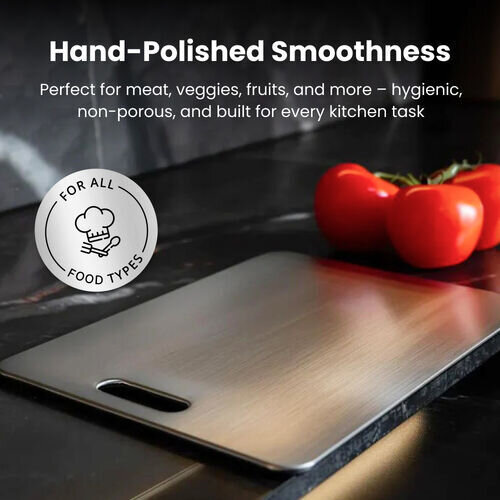

Independent Expert Review
A review from mirrors user feedback and offers context:
Hygiene: The board’s non-porous surface does reduce odor and bacterial buildup
Knife durability: Even titanium (~30‑40 HRC depending on alloy) can still dull knives, especially premium blades (50‑60 HRC)
Build quality: Many units arrive lighter or thinner than expected, hinting at inconsistent manufacturing
Usability: Best reserved for raw meat prep, serving boards, or outdoor use—not for everyday vegetable chopping
Purchasing risk: Material authenticity and refund policies are questionable; buyer must remain cautious
Recommended options with proven safety, purchase security, and widespread positive reviews:
HDPE or polyethylene boards: Soft on knives, NSF-approved for hygiene, widely used in commercial kitchens
End-grain hardwood (e.g. maple, beech): Gentle on edges, can be sanded smooth, long-lasting
Rubber or elastomer boards: Dishwasher-safe, gentler than plastic, much easier on blades
Paper-composite boards (like Epicurean): Stylish, durable, knife-safe, and hygienic
These are supported by consistent chemistry, well-known brands, and transparent fulfillment.
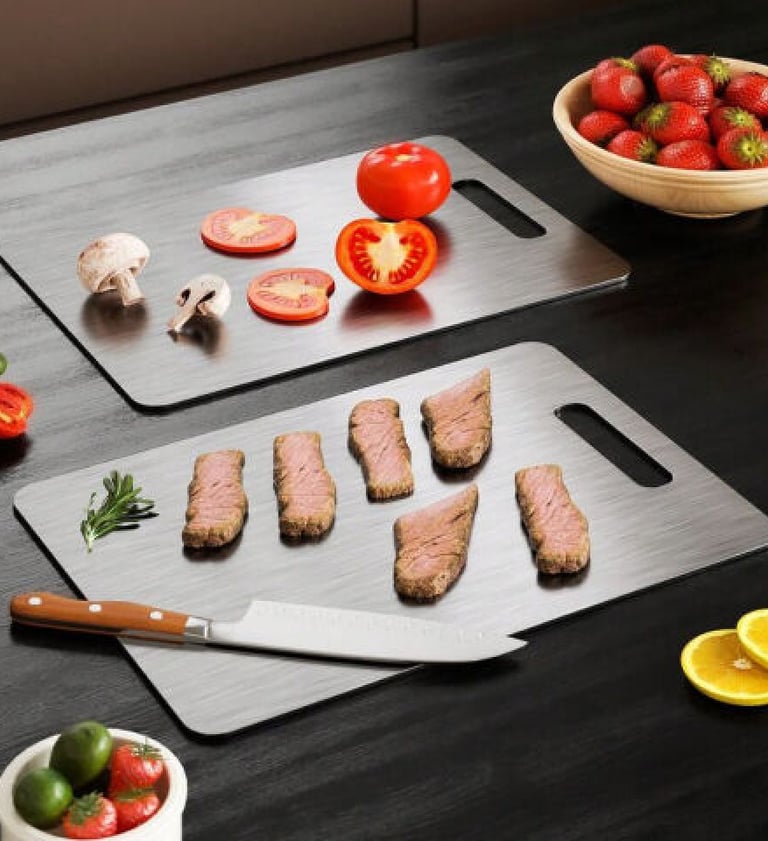

Innovative Cutting Board
Experience the ultimate hygienic and durable cutting board with our unique titaniumshield™ technology.
Hygienic Surface
Our titaniumshield™ surface blocks bacteria and resists stains, ensuring a clean cutting experience.
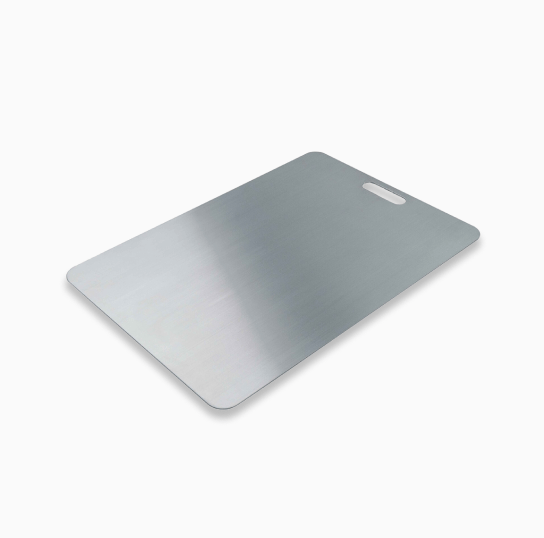

Durable Design
Katuchef cutting boards are heat-resistant, dishwasher-safe, and gentle on your knives for lasting use.
Promotes easy cleaning and maintenance, making it the perfect choice for every kitchen enthusiast.
Easy Maintenance
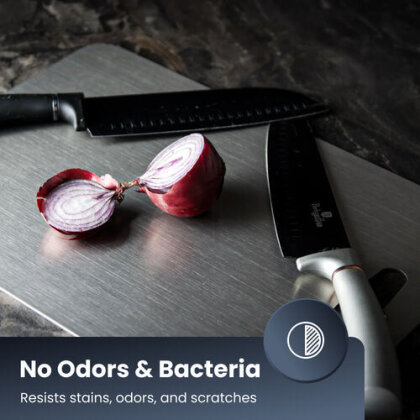

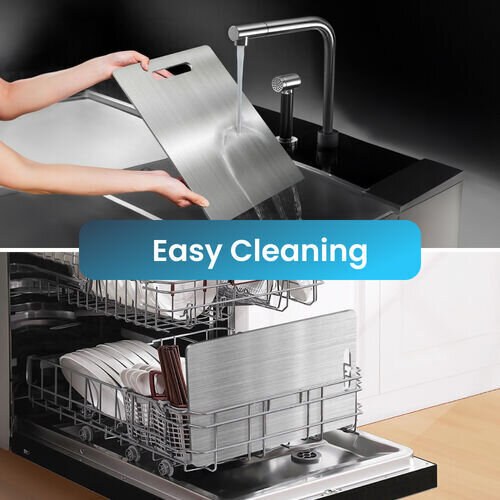

The katuchef cutting board is incredibly hygienic and easy to clean—definitely a kitchen essential!
Sarah J.
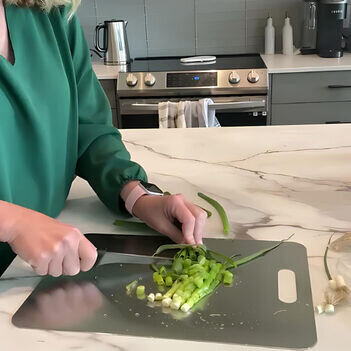

★★★★★
Gallery
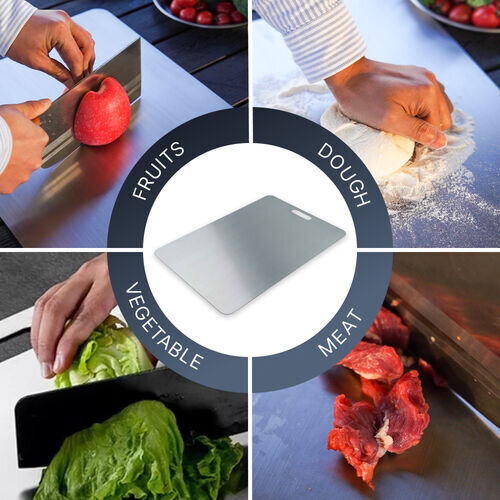



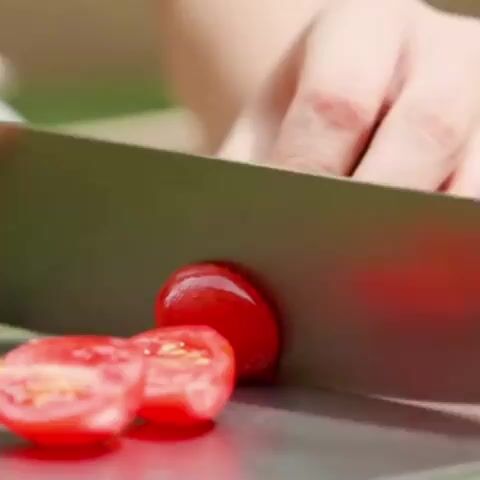





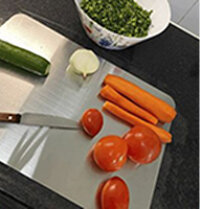

Explore our innovative, hygienic cutting boards for every kitchen.
